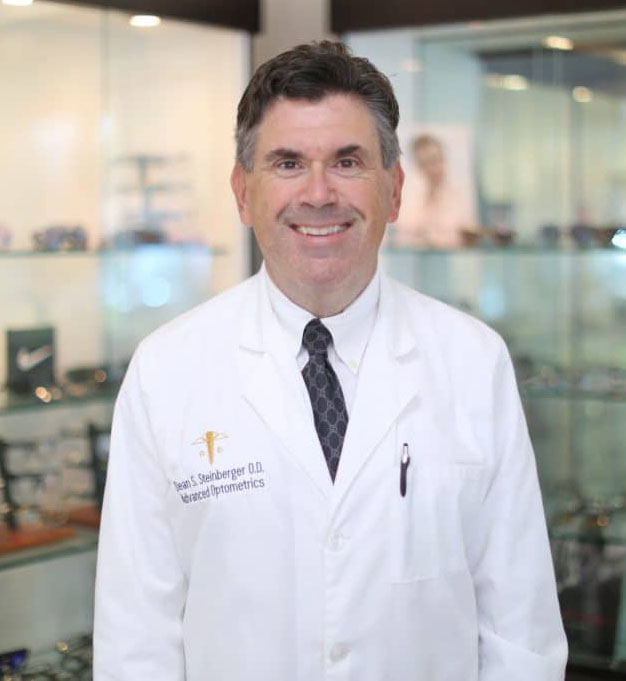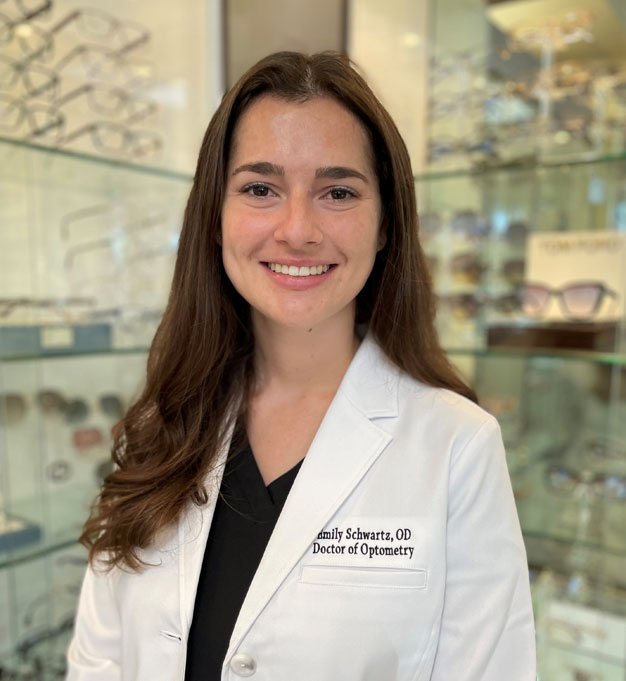ABOUT US
Our office specializes in Myopia Control utilizing the newest technology in Soft Lens Myopia Management, Orthokeratology (including the new Acuvue® Abiliti™ Lens), and Low Dose Atropine drops. Our office is committed to providing our patients with the highest quality care and the newest advancements in technology and improvements in Myopia Control in the field of Optometry.
Dedicated to ensuring your children grow up with the best possible vision
We offer an individualized treatment plan so your child will see clearly and comfortably for a lifetime. Most importantly, with science-based methods of retarding the progression of their myopia, we can help ensure that their eyes will be healthier and happier for many years to come.


